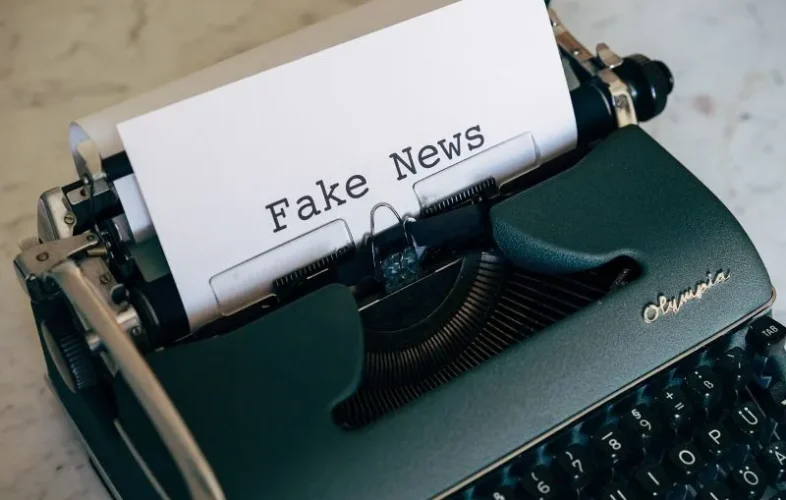Employment Appeal Tribunal (EAT) view
Giving its view on the meaning of the words, the EAT held that being able to show that a disclosure was of interest to the public as a whole, within a company, is not necessary. This means that a worker must only be able to demonstrate that whistleblowing is in the public interest of others, by testing a relatively small group i.e. as few as 100 senior managers.
The public interest test
The purpose of the public interest test is to ensure that a worker must be able to demonstrate that a disclosure was believed to be in the public interest and not just in their own interest. For example, even if a worker that is whistleblowing is primarily concerned with his/her own position, a tribunal would also need to be satisfied that he/she had others in mind, who would also be affected by the activity relating to the whistleblowing.
When whistleblowing is not in the public interest
A worker must make a qualifying disclosure when whistleblowing, in order to be protected against disciplinary action or dismissal. This needs to demonstrate the worker’s belief that their disclosure of information is being made in the public interest and shows specific wrongdoing that is taking place, or that is likely to take place.
Legal advice about whistleblowing
If you are at all unsure of where you stand as an employee or employer in relation to making a whistleblowing disclosure, speak to one of our specialist employment lawyers.



